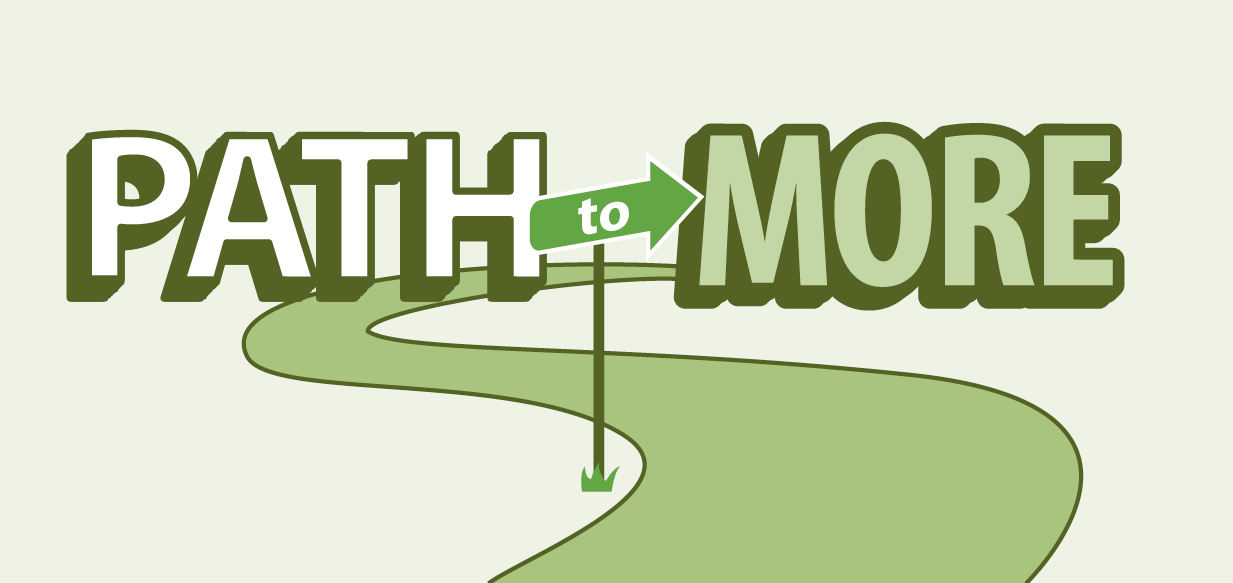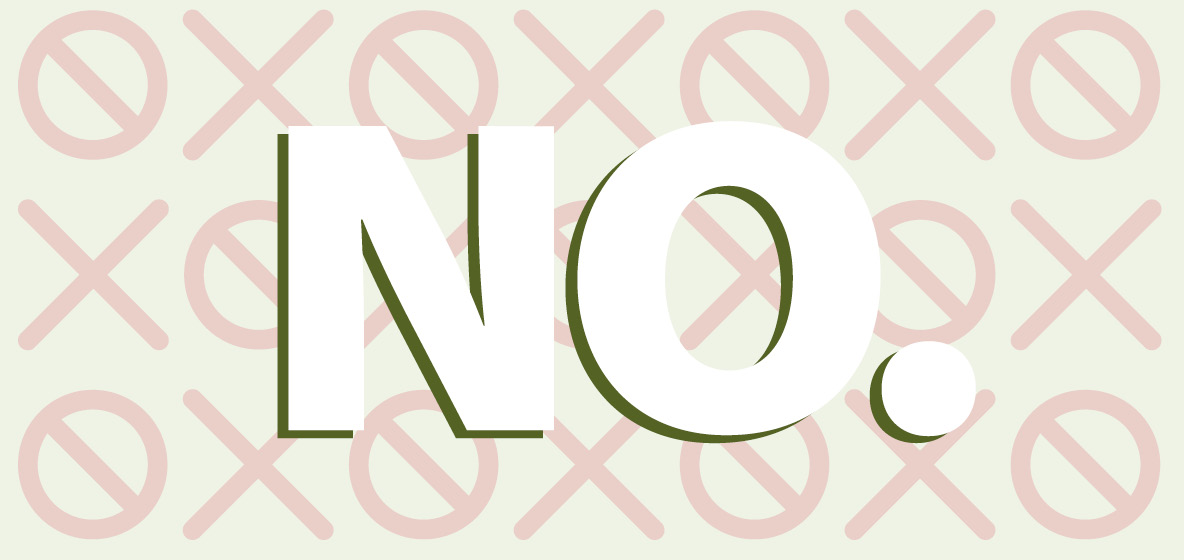
The Wholeness of Meaning
By Danny Gutknecht
It’s no secret that healthcare faces serious pressure: stress, rapid change, burnout, and high turnover. At Pathways, we’ve seen massive cries for help from providers and leaders in healthcare. Many stating the disconnected nature of what they feel their company is going through.
The Value of Death
When Swiss Psychiatrist Carl Jung stated, “The goal of life is death,” he wasn’t promoting morbidity or despair. Rather, he pointed toward a deeper psychological and symbolic truth: Death symbolically represents the final surrender and release of the ego’s attachments. By acknowledging death as life’s inevitable endpoint, we engage more fully and consciously in the present, rather than chasing illusions of perfection. Death reminds us that to live meaningfully means to embrace impermanence and continually transform.
Like you, I am committed to helping Crossroads become better because I have experienced the death of loved ones in my life. I’ve always felt like the entire medical (and post medical) establishments, ignore someone they feel is not capable of recovery. I’ve seen a poorly curated hospice experience, where the caregivers look past the importance of the end of someone’s life.
By accompanying individuals at life’s endpoint, Crossroads not only reduces fear and isolation but also helps patients and families integrate and make sense of the entire life journey.
Connection & Crossroads
So, what does this have to do with the healthcare crisis? Crossroads’ unique strength is rooted in a promise of honoring life’s journey, and particularly their relationships. And yet today’s new social landscape demands changes, where vital connections can feel strained. Something neuroscientist and psychologist Ian McGilcrist calls too much left-brain dominance. Ian’s book, The Master and His Emissary, explains how today’s “Meaning Crisis” isn’t just hypothesis. He shows how the left-brain excels at logic, tasks, and clarity, but struggles with ambiguity, empathy, and connection.
The right-brain however, sees relationships, context, and deeper meaning. It gives us a perspective of wholeness. In hospice, where connection and compassion are central, the right brain’s way of thinking—what I called Meaning Language in my book—is essential. The “left-brain” mode—task-driven and analytical is important for efficiency—but loses the relational glue of empathy, relationship, and meaning.
Prior to the sale - we worked with Crossroads on a smaller scale to see how Meaning impacts leadership and the bottom line. Meaning won’t solve everything, but it can help significantly. Over the next several months, Crossroads will be using tools and having conversations to—infuse new ways to improve listening, leadership, staffing and efficiency.





Ideas, Comments, Questions?
Please provide us with your feedback using this form.